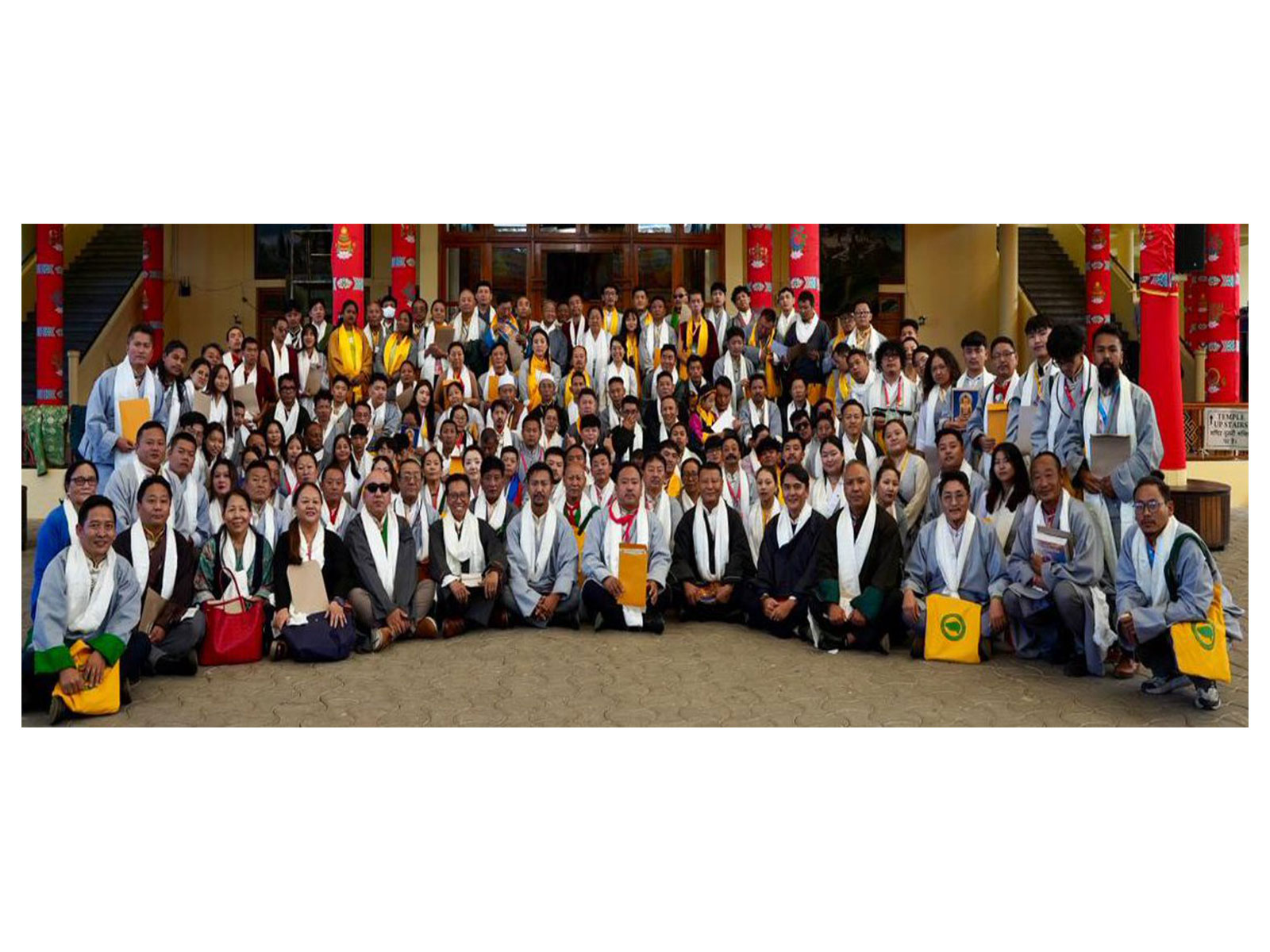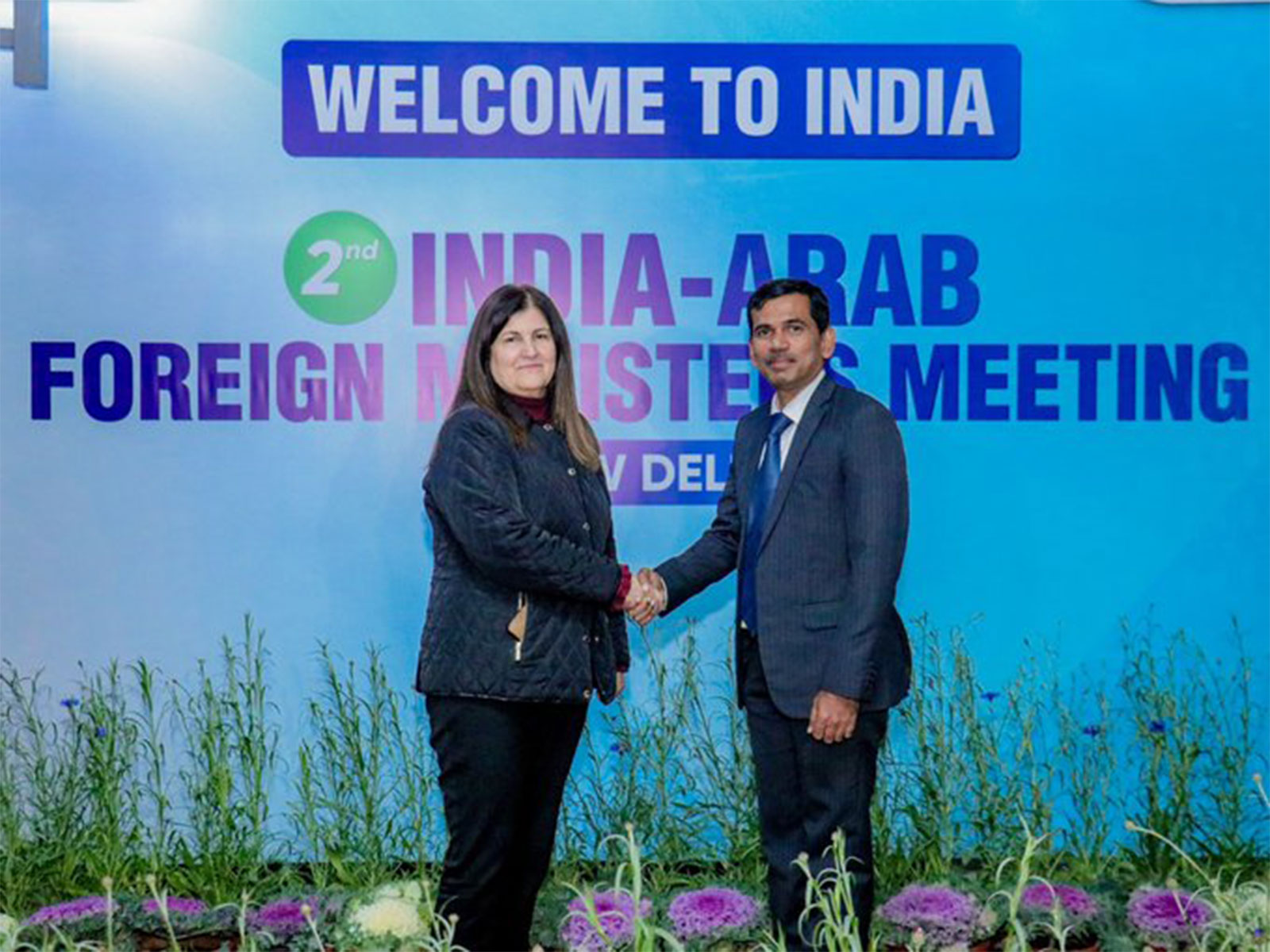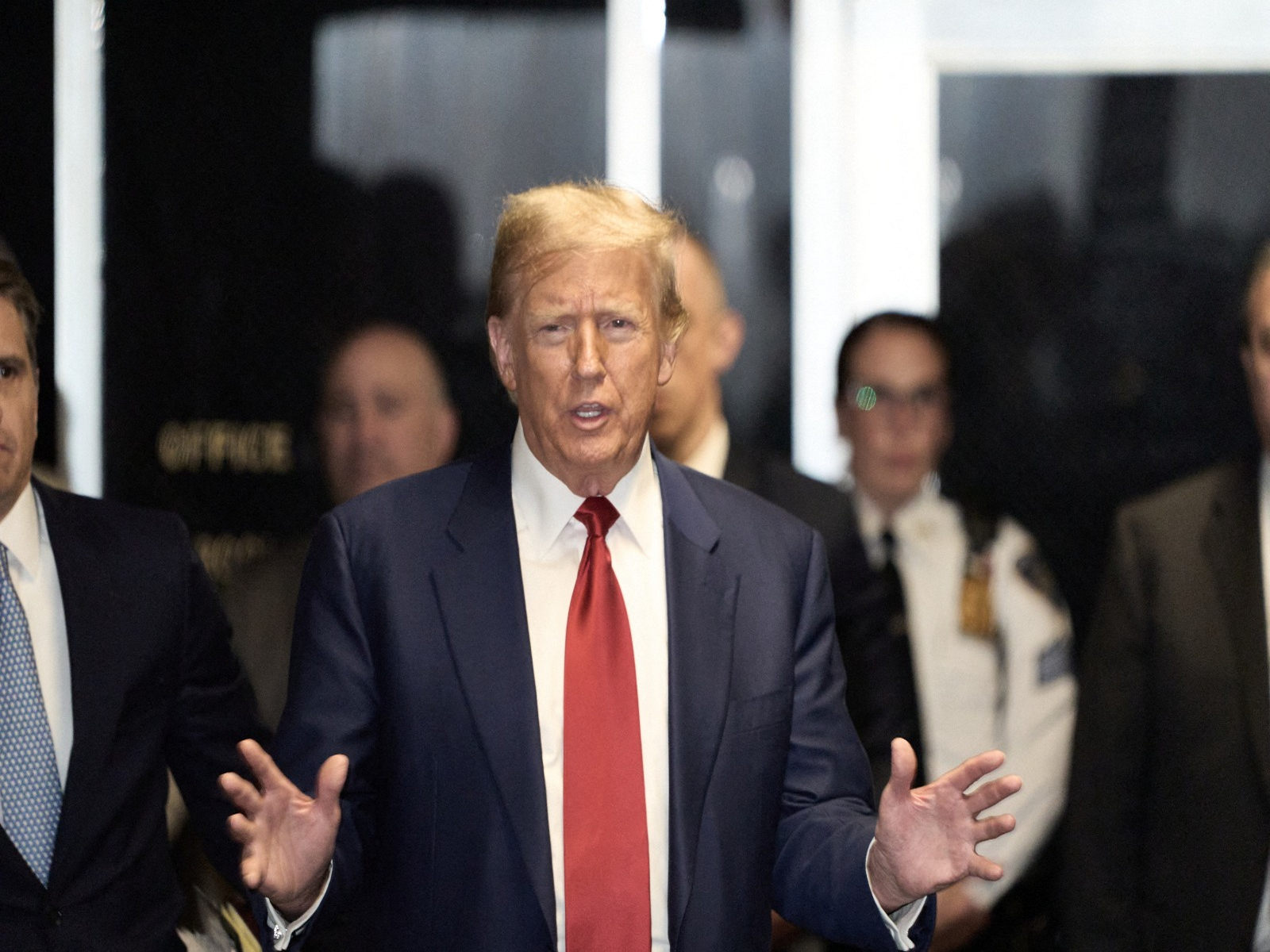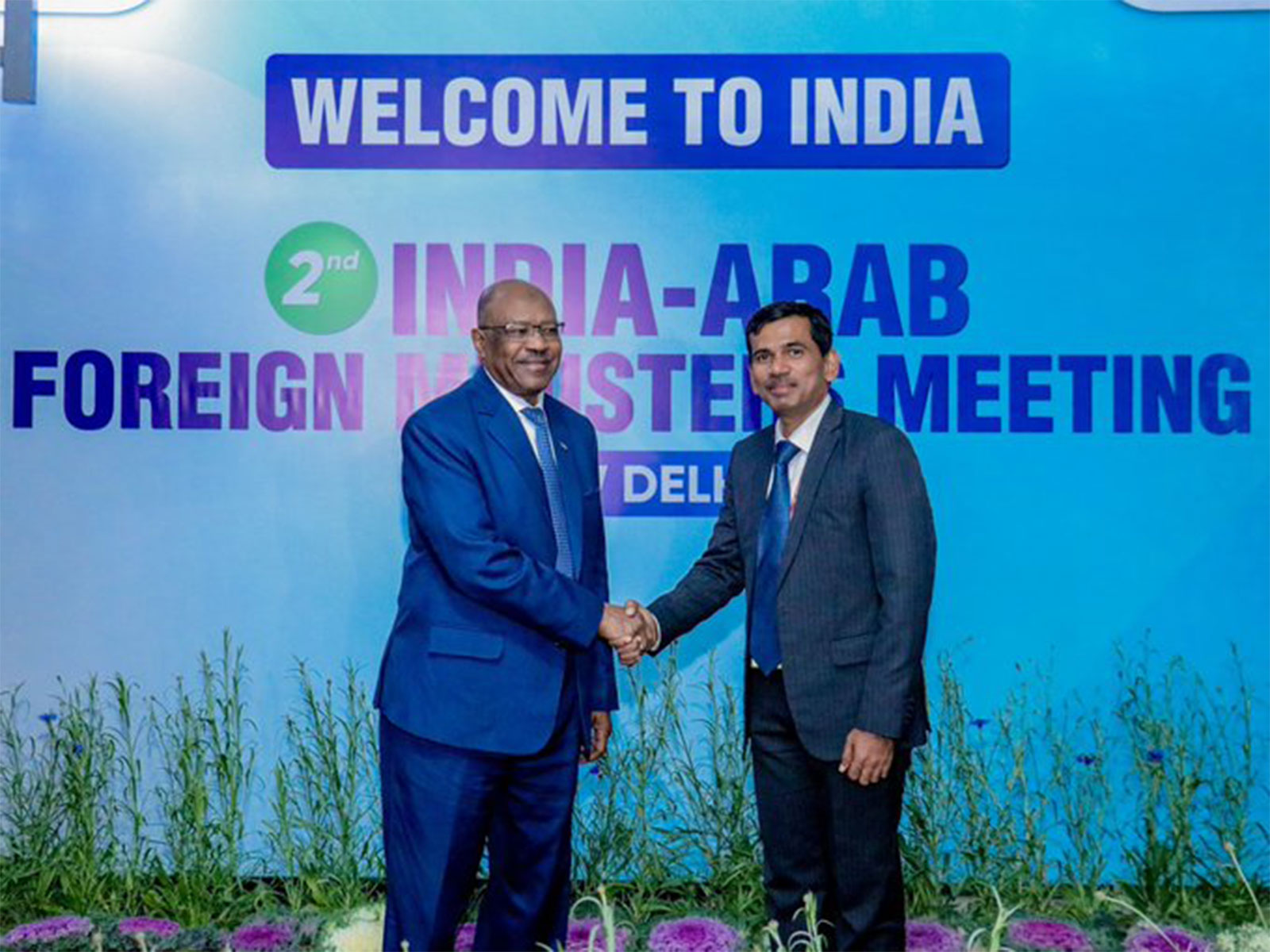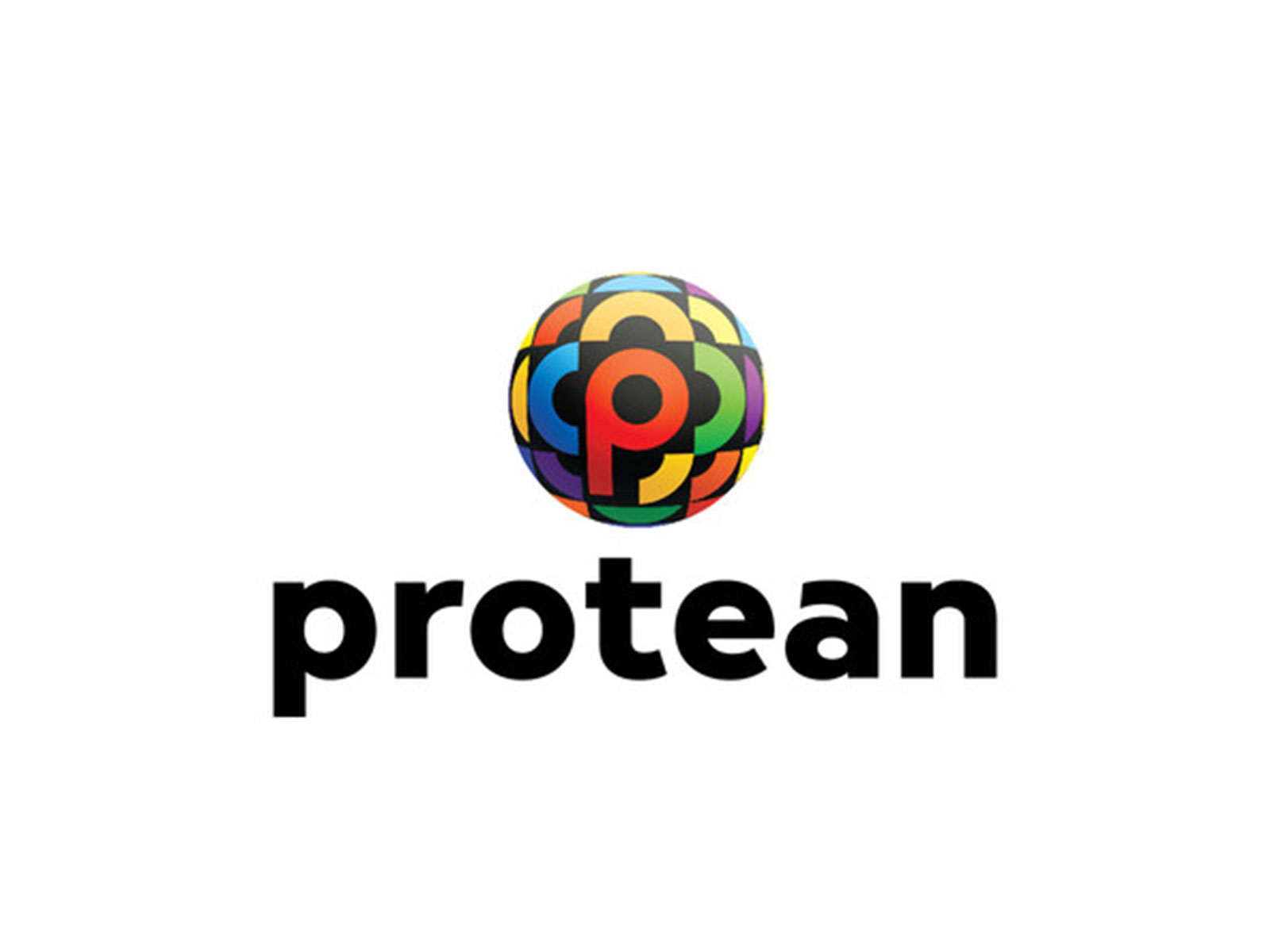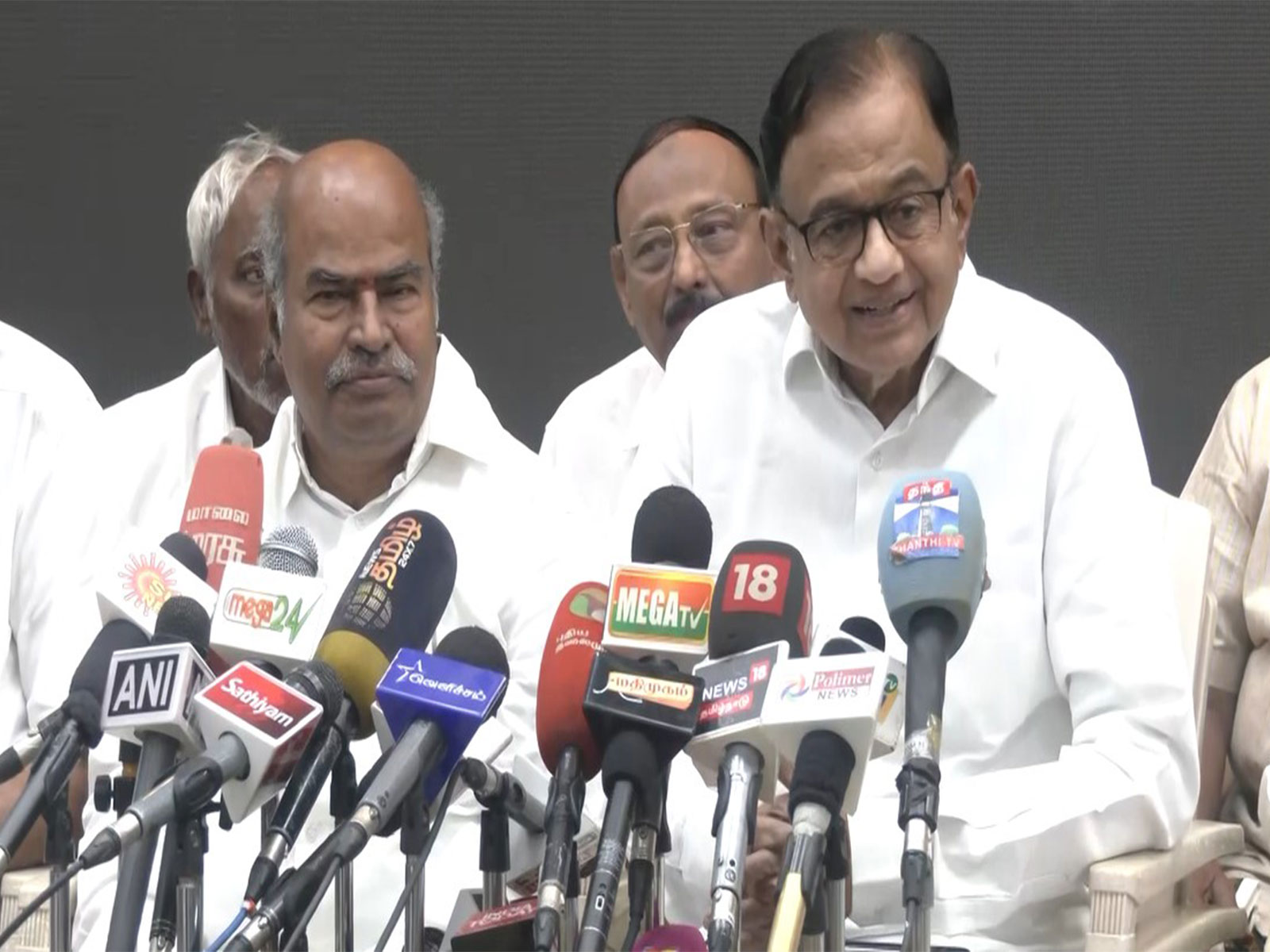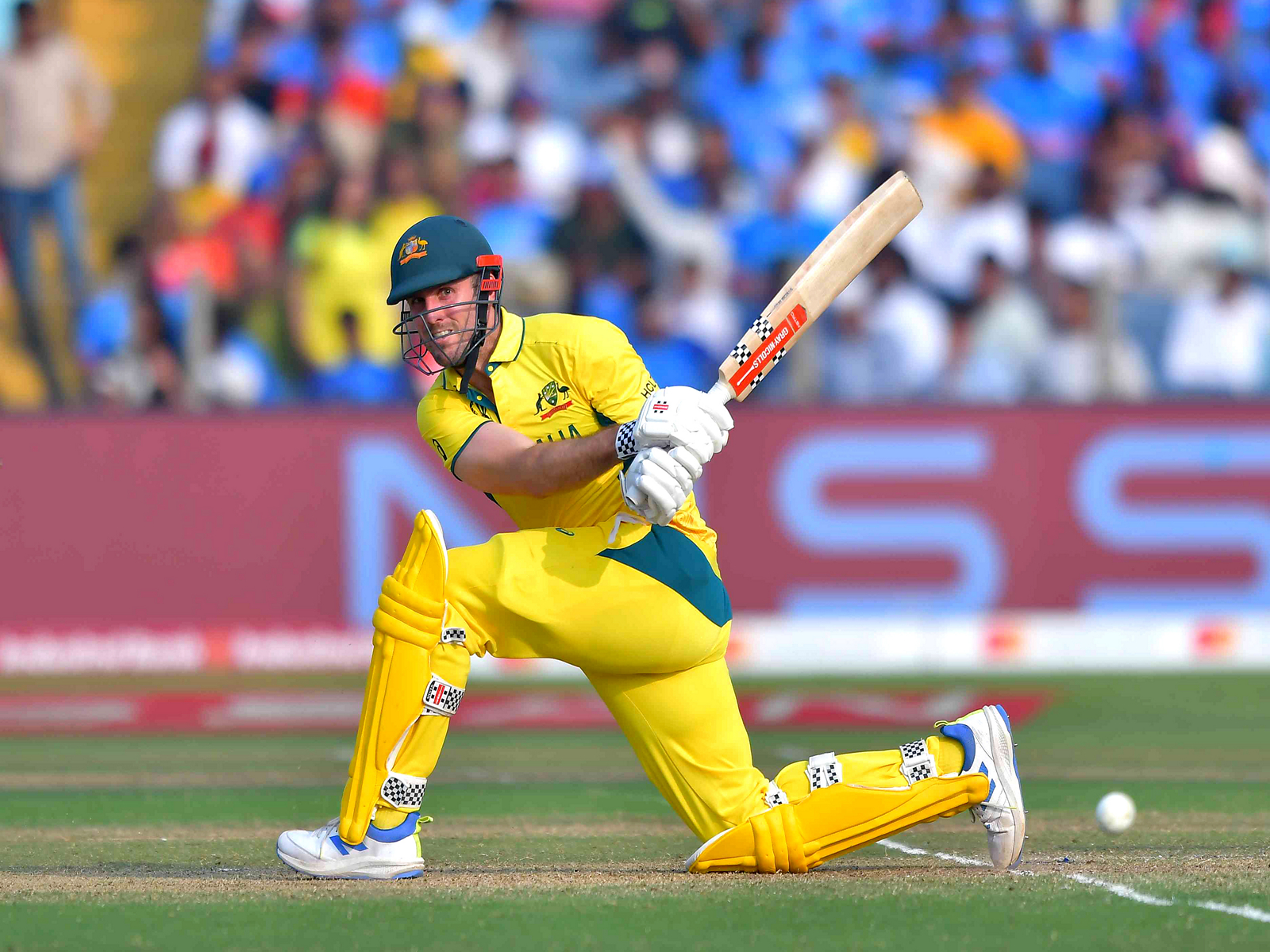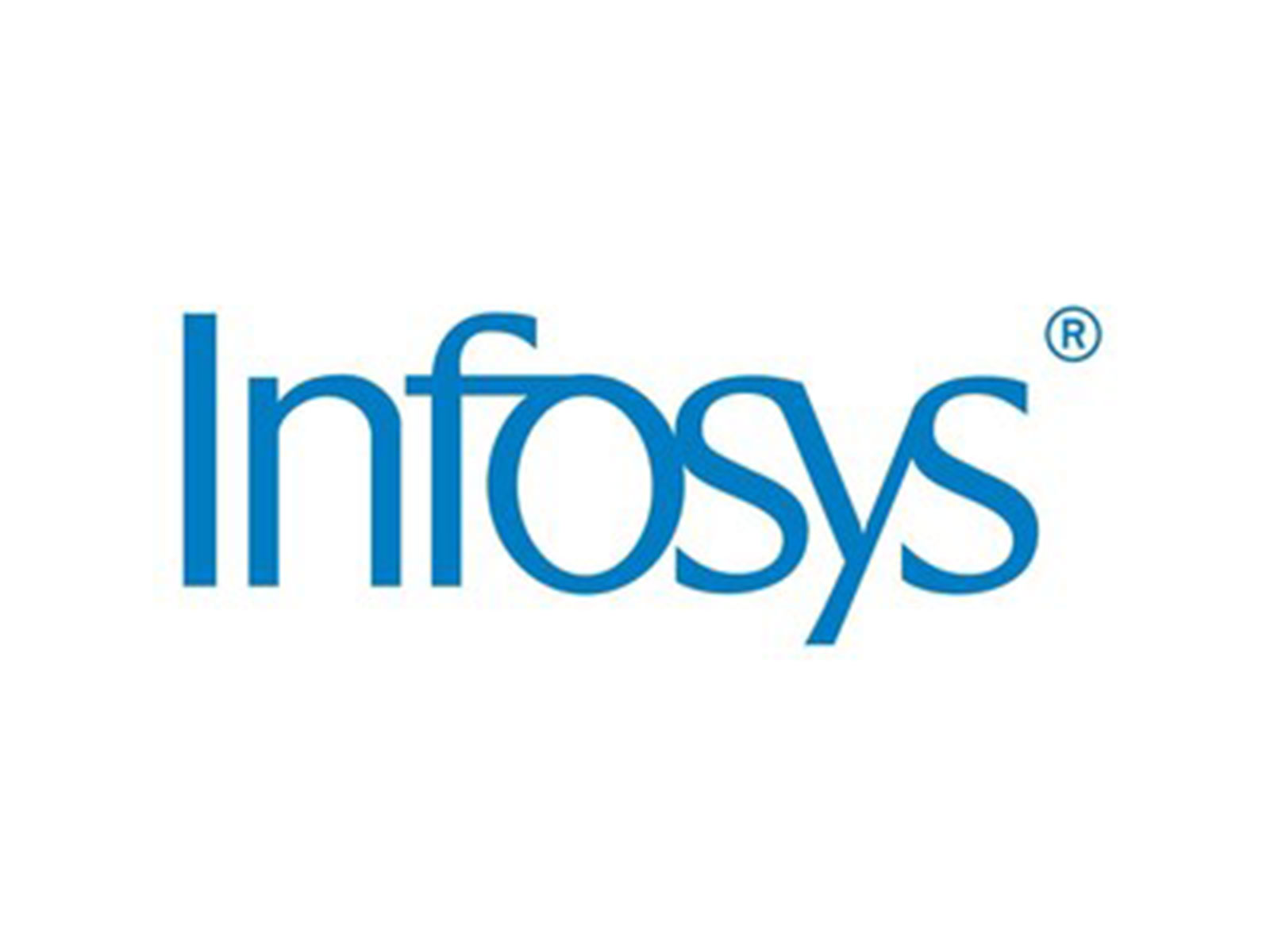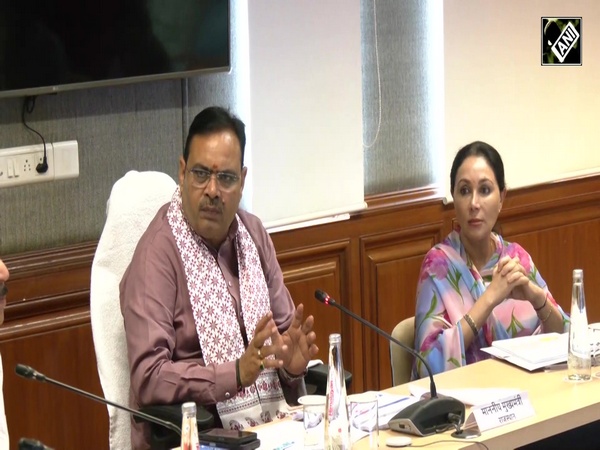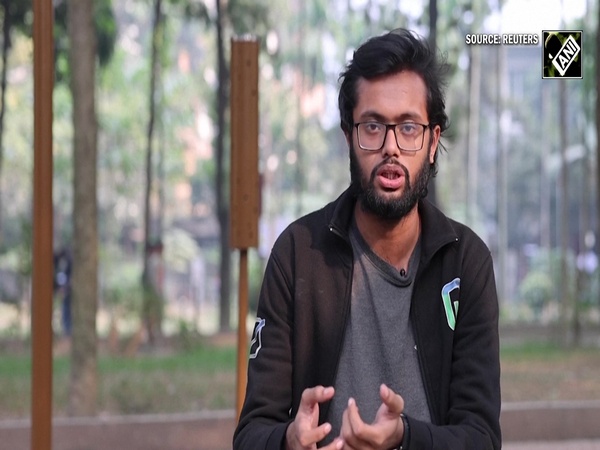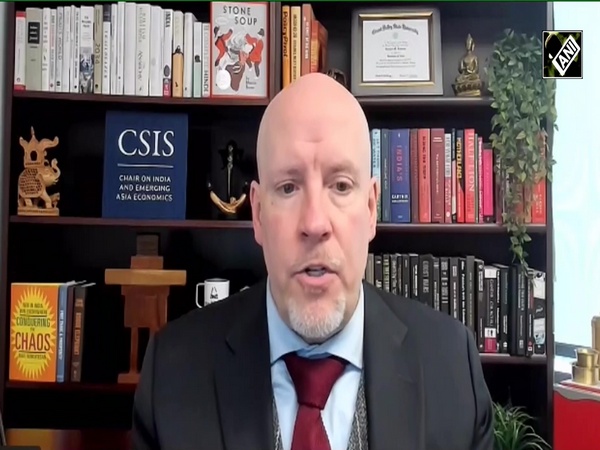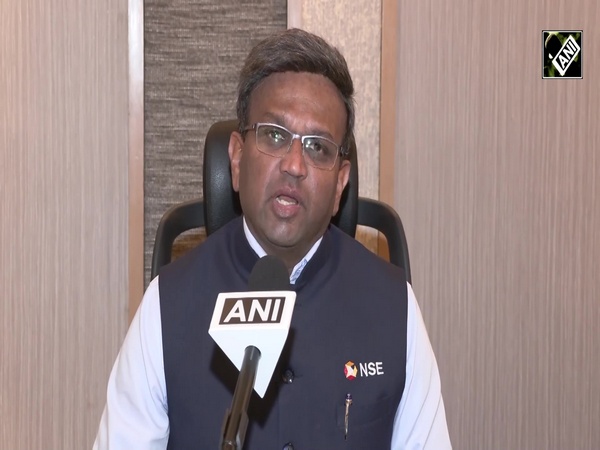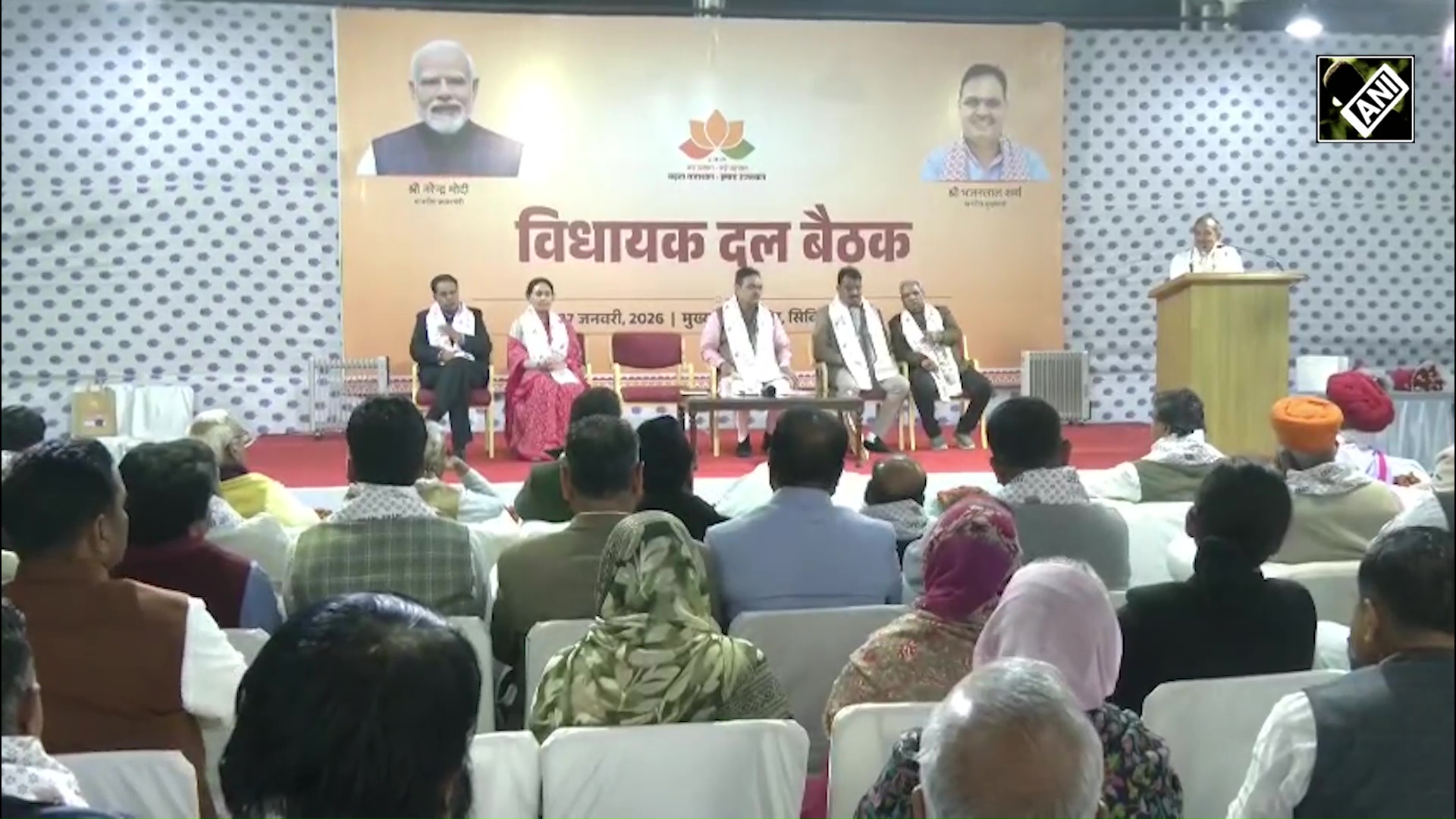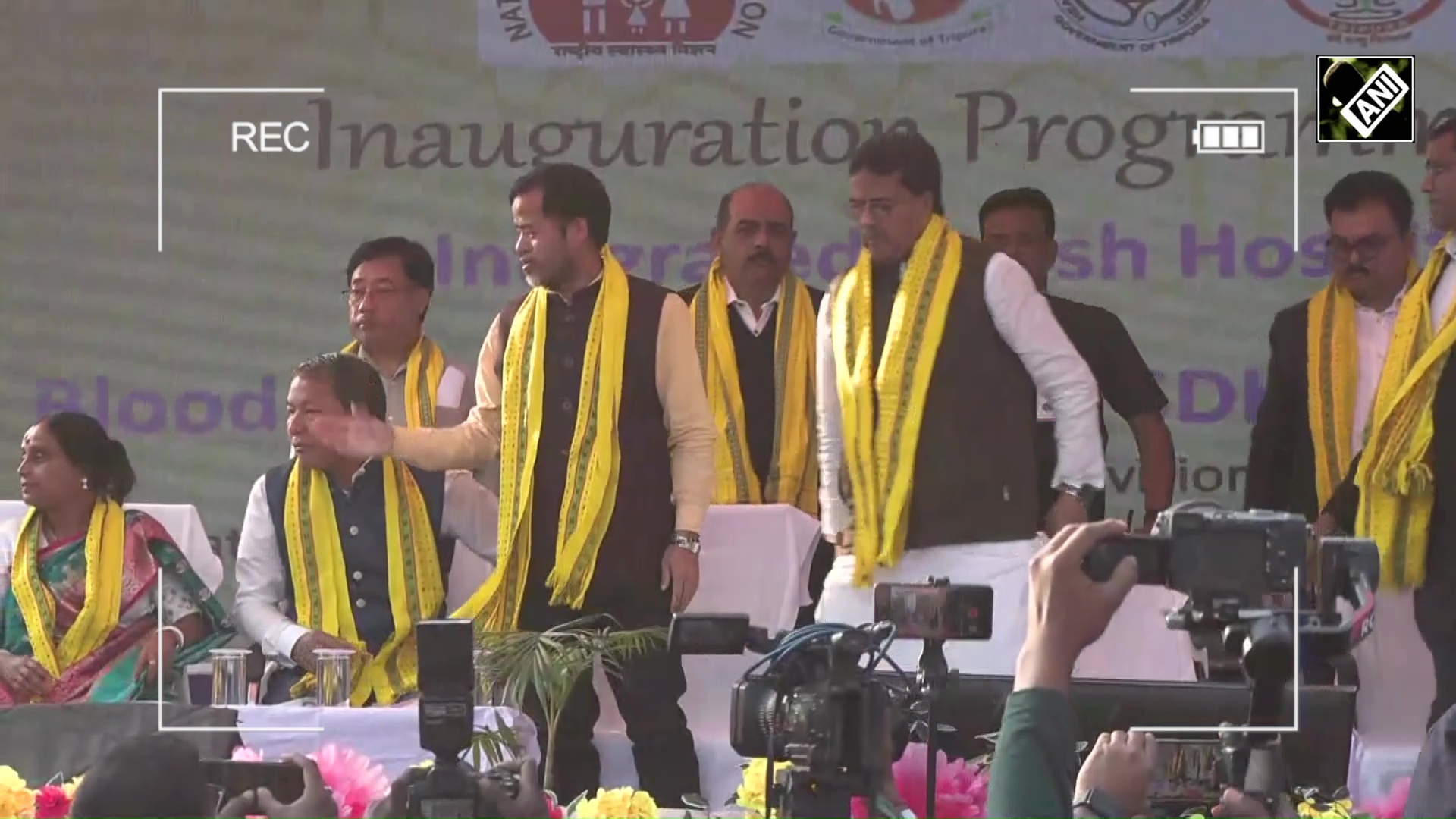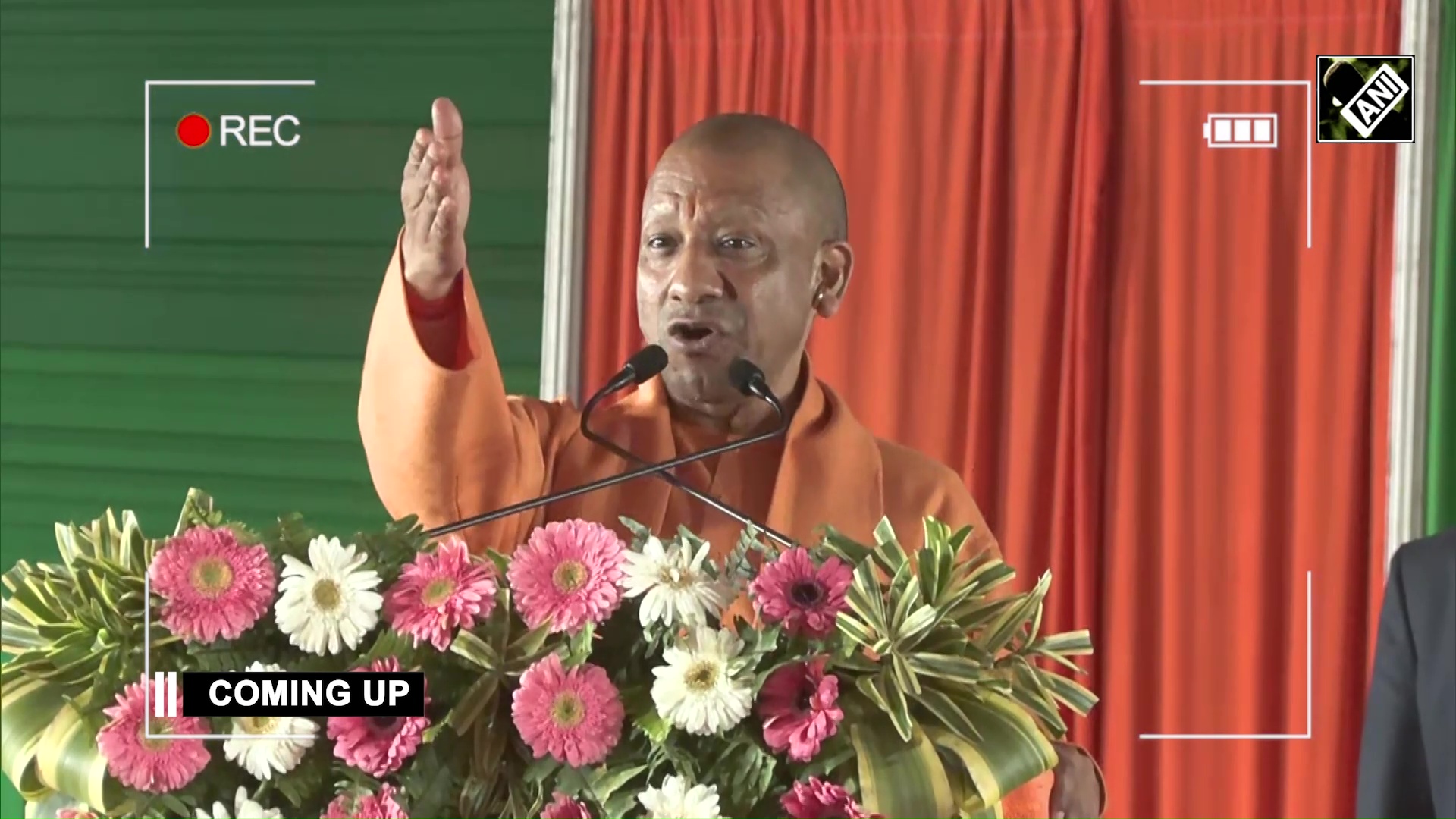UAE Olympic House hosts high-level roundtable to discuss future of sport, public diplomacy
Aug 02, 2024

Abu Dhabi [UAE], August 2 (ANI/WAM): The UAE Olympic House in Paris, in collaboration with the UAE Ministry of Foreign Affairs, hosted a high-level roundtable titled "Beyond the Games: Olympics and Public Diplomacy in Shaping National Identity."
The event, hosted by Noura Al Kaabi, Minister of State at the UAE Ministry of Foreign Affairs, brought together a distinguished panel of speakers, to discuss sports and public diplomacy.
The event highlighted the power of sports in building cohesive communities and creating enduring legacies, both at the international and national levels.
Sheikh Rashed bin Humaid Al Nuaimi, Vice President of the National Olympic Committee (NOC), opened the session by highlighting the UAE's largest-ever participation at an Olympic Games, emphasising the UAE's commitment to upholding Emirati sporting values while at the same time "learning from best practices and sharing experiences".
Gabriele Ramos, Assistant Director-General for Social and Human Sciences of UNESCO, commended the UAE's efforts under Centennial 2071 to build an inclusive society through sports.
The discussions focused on how sports diplomacy can be a powerful tool to inspire generations, strengthen national social cohesion, drive social impact, and foster international connections.
The panel for the event consisted of four speakers: Noura Al Kaabi, Minister of State; Ghanim Mubarak Al Hajeri, Director-General of the UAE General Authority of Sports; Gonul Serbest, Commissioner for Victoria (Australia) to Europe, the Middle East, Turkiye, and Africa; and Samuel Ducroquet, Ambassador for Sport, French Ministry for Europe and Foreign Affairs.
Al Kaabi highlighted the role of sports diplomacy in promoting mutual understanding between peoples, and strengthening the connection between traditions and cultures. She underlined the role of sporting initiatives in fostering communication and dialogue across generations, and underscored the significance of highlighting the three core values of Olympism: excellence, respect and friendship.
Al Kaabi stated that the UAE's steadfast support of sports reflects its unwavering dedication to advancing the comprehensive objectives and purposes of sports, along with its positive spirit, creates an environment of understanding and shared dialogue, and reinforces our determined commitment to building bridges between peoples.
She added, "For us, the Olympics is not only about competing in sport but also about sharing our culture and values with the world, and leaving a legacy that will be inherited by future generations."
Samuel Ducroquet highlighted Paris 2024's ambition to organise the event "in a spirit of solidarity and inclusion, by opening up the Games to local communities and territories". He also explained how much it has become crucial to take into account public opinions' expectations towards international events, "as they are increasingly calling for sustainability and sobriety."
Ghanim Mubarak Al Hajeri emphasised the UAE's sports strategy, which prioritises youth engagement and benefits society as a whole. He noted that sports "has the power to inspire young generations to excel, positively impacting other aspects of the nation. It also creates opportunities to build bridges and strengthen ties with other nations in the Middle East and beyond."
Gonul Serbest shared Melbourne's approach to using sports as a tool for inclusion and unity. Leveraging its rich sporting tradition, the city unites diverse communities around international events like the Australian Open.
The roundtable concluded with a call to action for nations to leverage sports as a means to foster international relations, inspire future generations, and create enduring legacies. The UAE remains committed to promoting these ideals through continuous engagement and collaboration on a global scale. (ANI/WAM)
